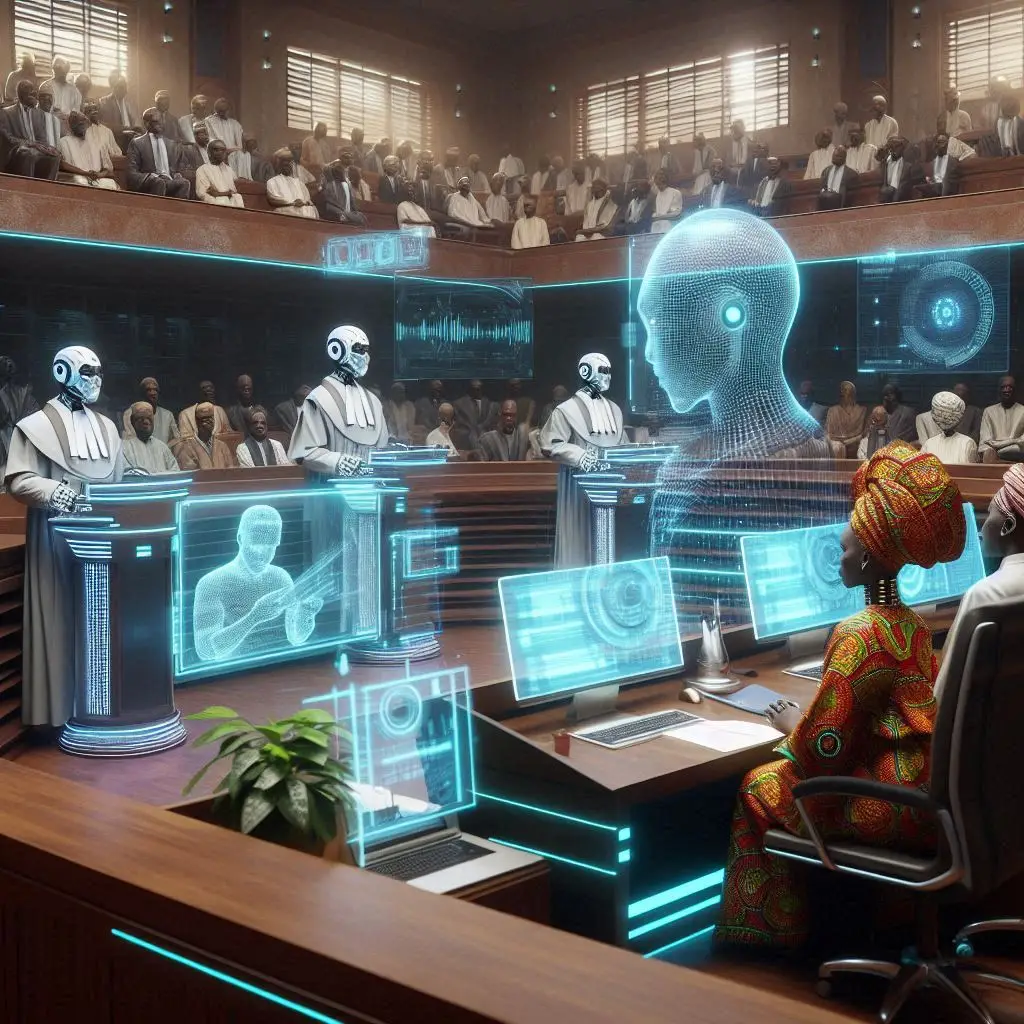The rapid advancement of artificial intelligence (AI) is transforming industries worldwide, butexperts warn that AI must enter with extreme caution when it comes to the fieldof justice. Elena Avakyan, Vice President of the Federal Chamber of Advocates of the Russian Federation, underscores the importance of careful implementation, emphasizing that AI should first be tested in areas where errors are less consequential.
AI in Legal Analysis: A Powerful Tool, Not a Decision-Maker
Avakyan acknowledges AI’s potential in legal proceedings as an analytical tool. AI can be instrumental in analyzing vast amounts of legal data, assessing evidence, and conducting legal examinations. However, she strongly opposes its use as a decision-making mechanism, arguing that justice must remain a human endeavor. Replacing human judgment with AI, she warns, strips humanity of the fundamental right to judge itself, potentially disrupting the natural evolution of legal reasoning.
Lessons from China’s Smart Court System
China’s “smart court” system, operational for four years, demonstrates AI’s capability as a judicial assistant. This system has significantly reduced the workload of judges, allowing thousands of cases to be processed daily through AI-driven technology. However, despite its efficiency, concerns persist regarding public confidence in AI-generated rulings. While AI can streamline case management at the first-instance level, human judges remain essential in appeals and more complex legal matters.
Risks of Over-Reliance on AI in Law
AI’s integration into the legal profession demands vigilance. A striking example is an American lawyer who relied on AI-generated legal documents without verifying their accuracy. This oversight led to a court sanction and the loss of his legal status, highlighting the necessity of human oversight in AI-assisted legal work. Such cases serve as cautionary tales about the potential risks of uncritical dependence on AI in justice.
How Cameroon Can Benefit from AI in Justice
Cameroon stands to gain significantly from AI-driven legal technologies if implemented responsibly. The country’s judicial system faces challenges such as case backlogs, slow processing times, and limited access to legal resources. AI-powered tools can assist in legal research, document automation, and case management, helping reduce delays and improve efficiency. A well-structured implementation of AI can:
- Enhance access to justice: AI-driven chatbots and legal research tools can provide citizens with legal information, making justice more accessible.
- Improve case management: Automated case filing and tracking can help courts manage workloads more effectively, reducing delays.
- Support legal professionals: AI can assist lawyers and judges in analyzing case precedents, drafting documents, and detecting inconsistencies in legal arguments.
- Combat corruption: Transparent AI-based systems can help track case progress and prevent undue influence in judicial processes.
The Future of AI in Justice: Cameroon’s Role
As Cameroon seeks to modernize its legal system, a cautious yet proactive approach to AI adoption is necessary. Legal tech initiatives, such as those promoted by the Cameroon Legal Tech Foundation (CALTEF), can play a vital role in ensuring AI serves as a tool for justice rather than a replacement for human decision-making. Policymakers, legal practitioners, and tech innovators must collaborate to establish ethical guidelines and pilot AI applications in non-decision-making areas before broader adoption.
AI has the power to revolutionize access to justice in Cameroon, but its implementation must be measured, ensuring it upholds the integrity of legal proceedings while improving efficiency. By learning from global examples and tailoring solutions to local needs, Cameroon can position itself at the forefront of legal innovation in Africa.



